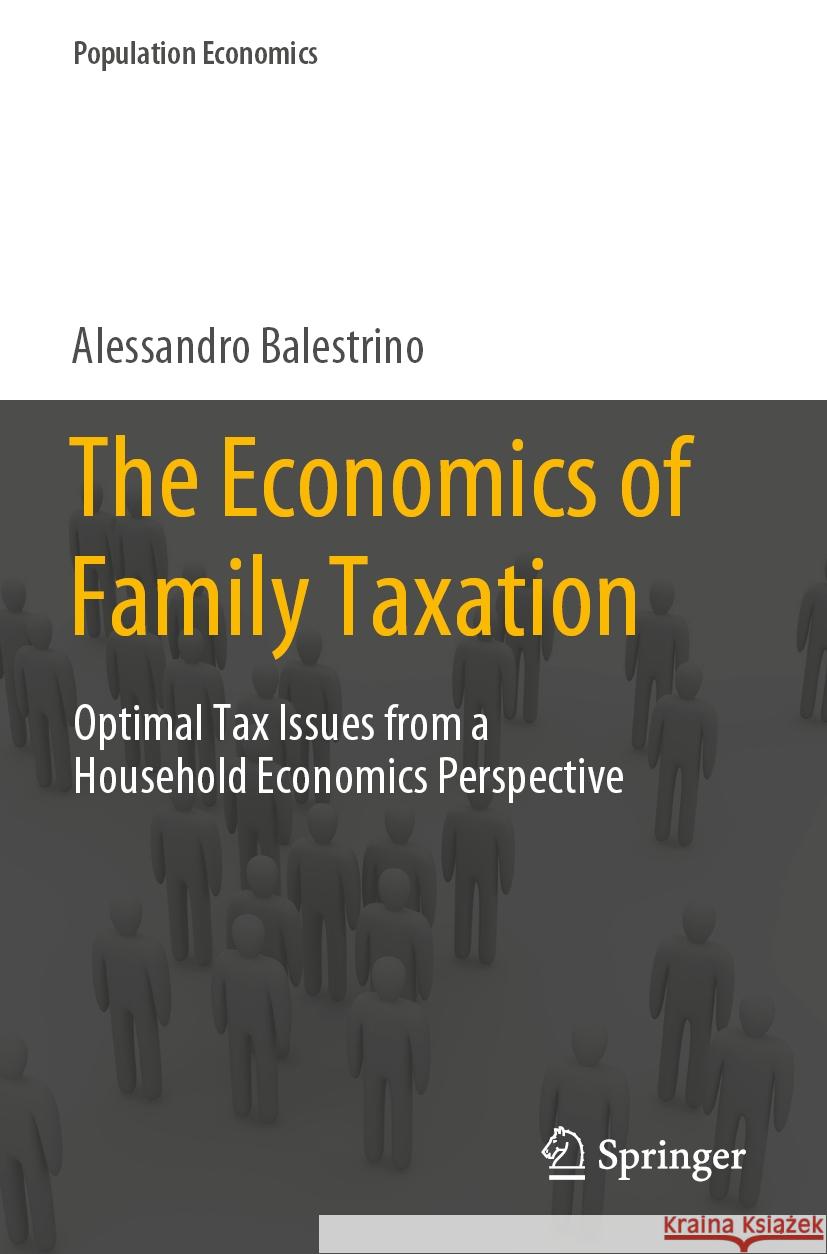The Economics of Family Taxation » książka
topmenu
The Economics of Family Taxation
ISBN-13: 9783031281723 / Angielski / Miękka / 2024
The Economics of Family Taxation
ISBN-13: 9783031281723 / Angielski / Miękka / 2024
cena 401,58
(netto: 382,46 VAT: 5%)
Najniższa cena z 30 dni: 385,52
(netto: 382,46 VAT: 5%)
Najniższa cena z 30 dni: 385,52
Termin realizacji zamówienia:
ok. 16-18 dni roboczych.
ok. 16-18 dni roboczych.
Darmowa dostawa!
This book reflects the reality of most taxpayers. It provides a comprehensive and up-to-date treatment of optimal tax issues from a household economics perspective. A unified and integrated approach is employed to analyze optimal taxation in a homogeneous way.
As a consequence of the book's analysis, many important and established results in public economics may have to be revised. The book will be useful to both graduate students and researchers alike in that it adopts a rigorous analytical language but also includes ample intuitive explanations.











